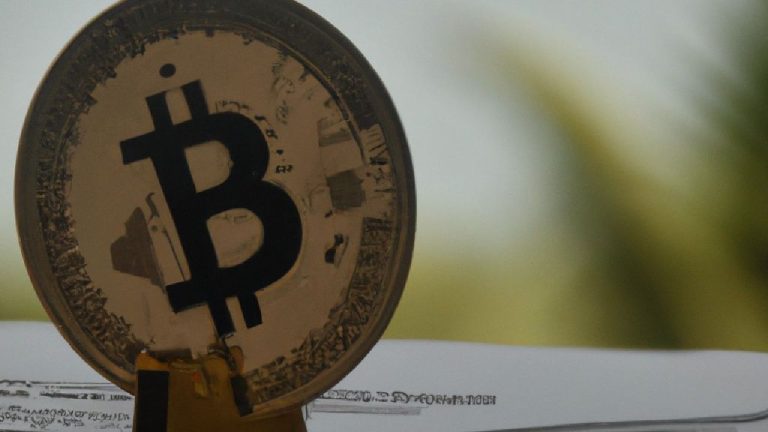
The fate of the Panamanian crypto bill project, which was approved by the Panamanian National Assembly last year, now depends on the decision of the supreme court of the country. The sanction of the project, which was vetoed by President Laurentino Cortizo, is now in the hands of the court after Congress rejected the veto measure.
Panamanian Law Still Has Opportunity of Being Approved
The Panamanian cryptocurrency bill, which was introduced in 2021 to the National Assembly and passed by the institution last year, has the opportunity of being re-examined and sanctioned even without presidential support. The destiny of the document lies now in the hands of the Supreme Court of Panama, which will have to weigh the arguments in favor and against the sanction of the regulatory framework.
President Laurentino Cortizo, who received the document on Jan. 18 to sanction the proposed bill, delivered it to the court instead after issuing heavy objections to its form. The institution, that will have to decide the future of the document after the National Assembly, discussed it and decided to support it in its current form again. The executive informed on Jan. 26 about these procedures. It stated:
Among the considerations made by the Executive when objecting to the bill submitted to the National Assembly, it is specified that the legislative initiative requires ‘adaptation’ to the norms that regulate the financial system and the Panamanian monetary model.
Specifically, Cortizo criticizes articles 34 and 36, and by extension all of the bill.
Path to the Supreme Court
The bill has found President Laurentino Cortizo and Congress at an impasse since May, when Cortizo stated he would not sign the bill in its current form due to money laundering and crime financing concerns. However, at that time, Conrtizo also praised it, saying it was an “innovation and good law.”
Finally, in June, Cortizo exerted a partial veto measure on the bill, criticizing certain aspects of it and sending it back to the National Assembly, which had the opportunity of changing it to fit the concerns of the president or just pushing for its sanction as it approved before.
The veto caused negative reactions amongst some of the representatives of the National Assembly, who stated this was a lost opportunity to attract investments from cryptocurrency companies and to create more financial inclusion. Countries in Latam like Brazil, El Salvador, and Venezuela have already regulated cryptocurrency and crypto mining operations.
What do you think about the Panamanian crypto bill? Tell us in the comments section below.
from Bitcoin News https://ift.tt/S4zkrTK
Comments
Post a Comment